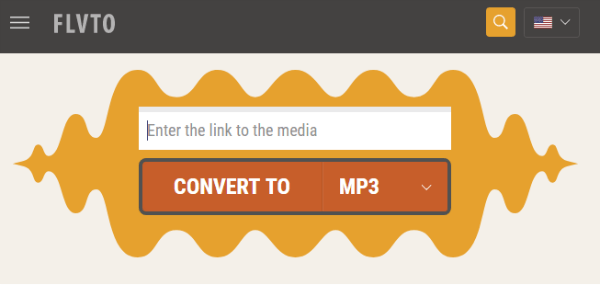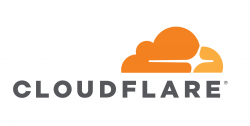
Aside from pointing towards traditional websites, pirate streaming boxes were also brought up, by the MPAA among others.
“An emerging global threat is streaming piracy which is enabled by piracy devices preloaded with software to illicitly stream movies and television programming and a burgeoning ecosystem of infringing add-ons,” the MPAA noted.
This week the Computer & Communications Industry Association (CCIA), which includes members such as Amazon, Facebook, Google, and Netflix, notes that the USTR should be careful not to blame an open source media player such as Kodi, for the infringing actions of others.
CCIA wrote a rebuttal clarifying that Kodi and similar open source players are not the problem here.
“Another example of commenters raising concerns about generalized technology is the MPAA’s characterization of customizable, open-source set-top boxes utilizing the Kodi multimedia player application along with websites that allegedly ‘enable one-click installation of modified software onto set-top boxes or other internet-connected devices’,” CCIA writes.
While the MPAA itself also clearly mentioned that “Kodi is not itself unlawful,” CCIA stresses that any enforcement actions should be aimed at those who are breaking the law. The real targets include vendors who sell streaming boxes pre-loaded with infringing addons.
“These enforcement activities should focus on the infringers themselves, however, not a general purpose technology, such as an operating system for set-top boxes, which may be used in both lawful and unlawful ways.
“Open-source software designed for operating a home electronics device is unquestionably legitimate, and capable of substantial non-infringing uses,” CCIA adds in its cautionary letter the USTR.
While the MPAA’s submission was not trying to characterize Kodi itself as illegal, it did call out TVAddons.ag as a “piracy add-on repository.” The new incarnation of TVAddons wasn’t happy with this label and previously scolded the movie industry group for its comments, pointing out that it only received a handful of DMCA takedown notices in recent years.
“…in the entire history of TV ADDONS, XBMC HUB and OffshoreGit, we only received a total of about five DMCA notices in all; two of which were completely bogus. None of which came from a MPAA affiliate.”
While it’s obvious to most that Kodi isn’t the problem, as CCIA is highlighting, to many people it’s still unclear where the line between infringing and non-infringing is drawn. Lawsuits, including those against TVAddons and TickBox, are expected to bring more clarity.
—
CCIA’s full submission is available here (pdf).
Source: TF, for the latest info on copyright, file-sharing, torrent sites and ANONYMOUS VPN services.

 Free music is easy to find nowadays. Just head over to YouTube and you can find millions of tracks including many of the most recent releases.
Free music is easy to find nowadays. Just head over to YouTube and you can find millions of tracks including many of the most recent releases.



 A few weeks ago several copyright holder groups sent their annual “Notorious Markets” complaints to the U.S. Trade Representative (USTR).
A few weeks ago several copyright holder groups sent their annual “Notorious Markets” complaints to the U.S. Trade Representative (USTR). As part of what is now clearly a crackdown on Great Firewall-evading tools and services, during the summer Chinese government pressure reached technology giant Apple.
As part of what is now clearly a crackdown on Great Firewall-evading tools and services, during the summer Chinese government pressure reached technology giant Apple.

 Copyright holders continue to flood Google with DMCA takedown requests, asking the company to remove “pirate links” from its search results.
Copyright holders continue to flood Google with DMCA takedown requests, asking the company to remove “pirate links” from its search results.

 Traditionally there have only been a handful of well-known industry groups fighting online piracy, but this appears to be changing.
Traditionally there have only been a handful of well-known industry groups fighting online piracy, but this appears to be changing.